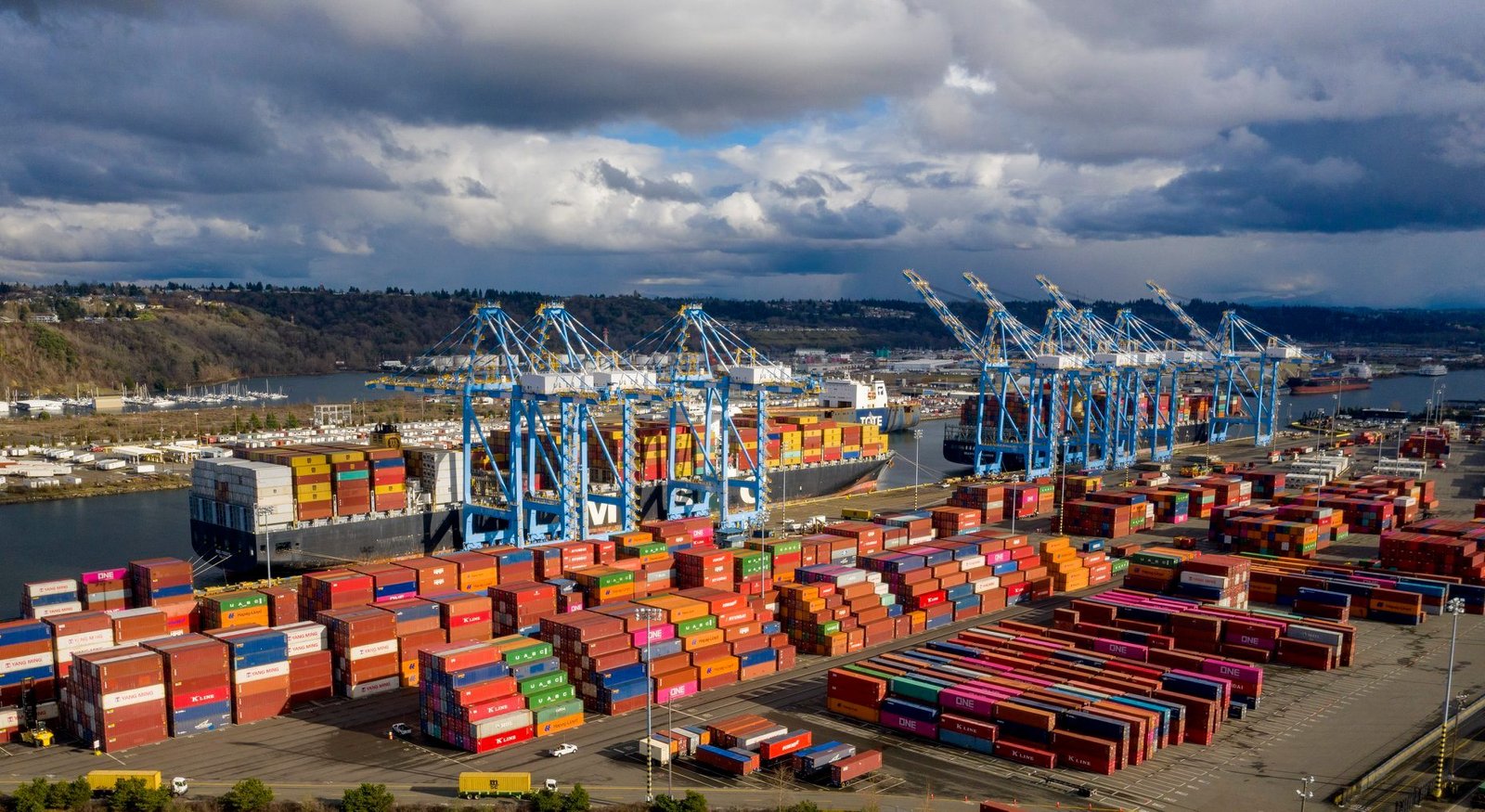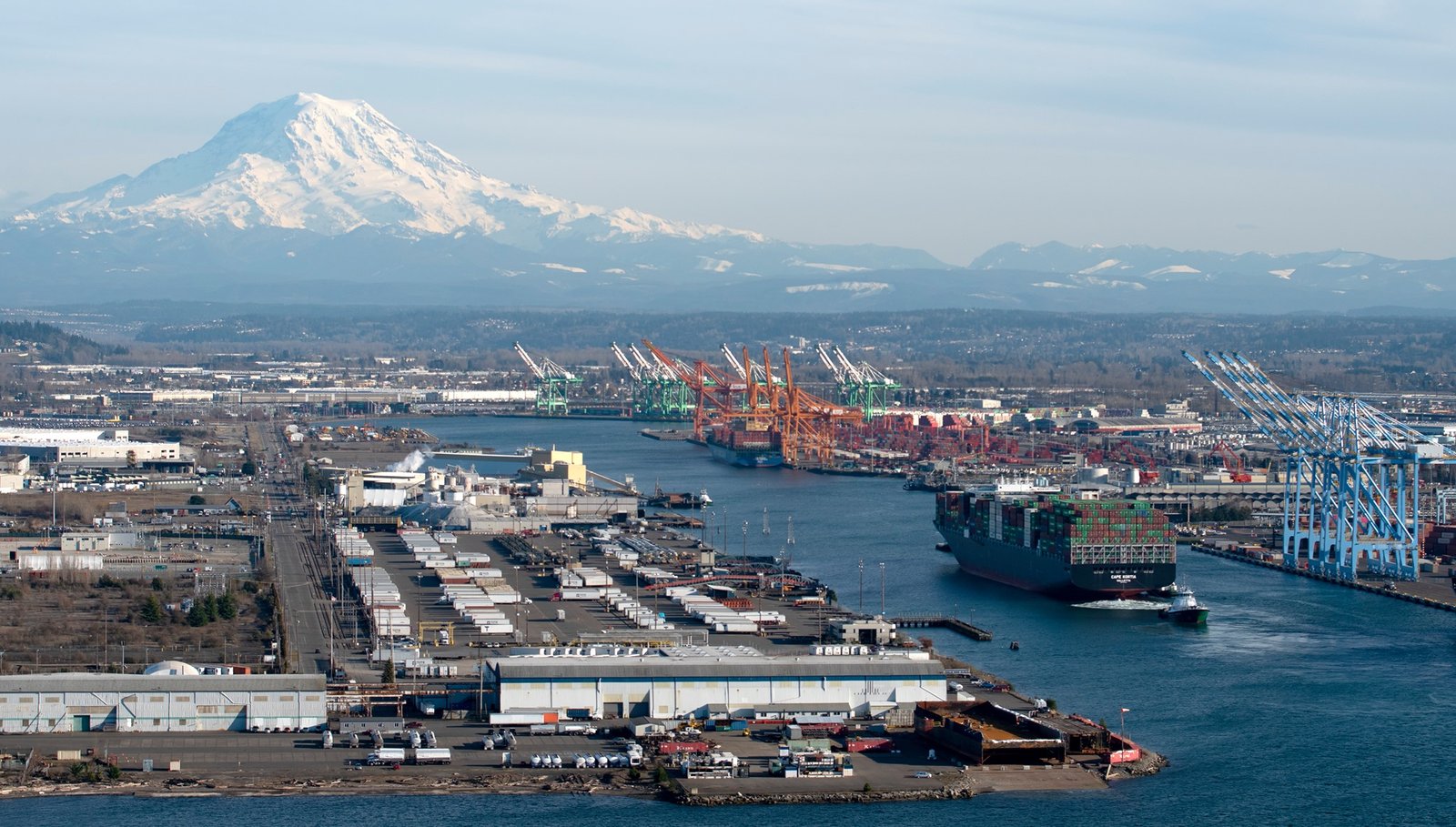HIGHLIGHTS
- The port’s Husky terminal will not release containers that have been on the premises for more than 15 days until importers pay a one-time charge of $315.
- Tacoma terminal has been struggling with increasing congestion. Last weekend, more than 15 ships had to wait for parking.
FULL ARTICLE
According to the port of Los Angeles, the number of long-dwelling containers there fell 19% within a week of the plans for charges being announced. Realizing this, following two major ports, Los Angeles and Long Beach, Tacoma Port has also started charging an additional surcharge for overdue containers lying on the pier.

From November 15, the port’s Husky terminal and Washington United terminals will not release containers that have been there for more than 15 days until importers pay fees of $315 and $310. In addition to this flat fee, importers are required to pay an additional $230 per day late fee incurred after a container has been in port for more than four days.
Severe congestion
Tacoma terminal has been struggling with increasing congestion. Last weekend, more than 15 ships had to wait for parking. Additionally, Tacoma points out that train stop times have increased exponentially in recent months by notifying customers of the new rates.

The Northwest Seaport Alliance, which includes the ports of Tacoma and Washington, opened three temporary container yards near the docks this year, which has provided some relief but not enough to prevent more serious congestion.
Mr. Craig Grossgart, deputy director of Seko Logistics, a leading US logistics enterprise, said that carriers didn’t want to be responsible for the entire journey of a shipment, even if they have products delivered to their door.
This makes it difficult for forwarders. Mr. Grossbart expects many shippers to refuse to pay their agents for these fees, arguing that they have no control over taking containers from ports.
Faced with this situation, Gene Seroka, executive director of the Port of Los Angeles, urged major importers to clear containers out of ports. Because if they are stuck at the port for too long, it can have serious consequences, especially for small companies.
Manh Nguyen
FURTHER READING
Port of LA launches dashboard to break down forecasted volume for incoming cargo













